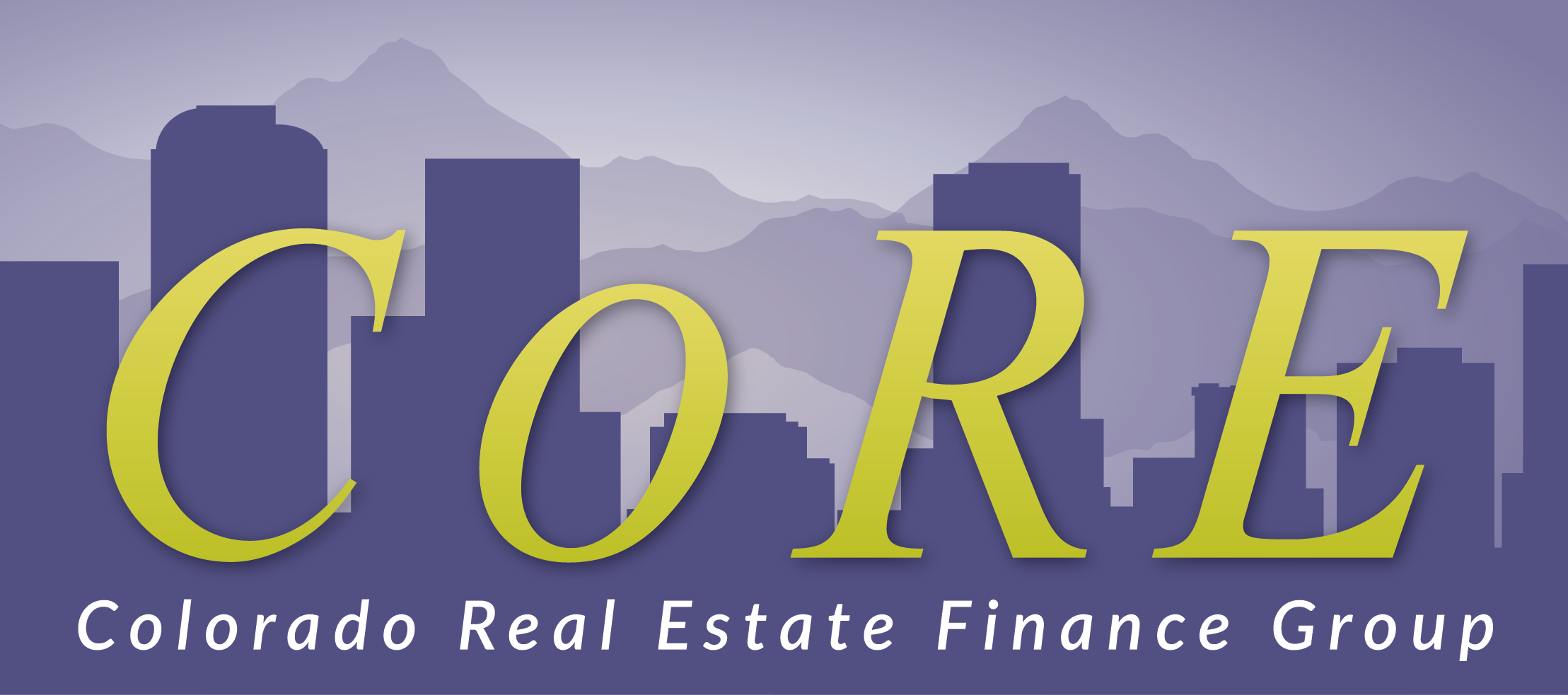Purchasing a home is one of the most significant things a person will do in their lifetimes. Unfortunately, as the housing market continues to inflate, many first-time homebuyers are faced with what seems like an ever-dwindling chance of ever owning a home.
Houses and apartments, particularly in more urban areas, have skyrocketed in price over the last few decades, and continue to grow at an increasing pace due to a variety of factors. Excessive demand for land and the cost of housing development has resulted in growing property values across the United States.
Nevertheless, first-time homebuyers need not give up on their dreams of one day owning their own property. Various federal departments have developed programs to aid first-time homebuyers in purchasing a property, and a huge variety of additional assistance programs exist on the state, city, and county levels, varying by region.
Federal assistance programs, however — unlike those organized by more local governments — can be taken advantage of by almost all eligible Americans regardless of location. If you’re looking to purchase your very own home without spending an enormous pile of money, here are some programs that can help you do that.
How Do Home Buying Assistance Programs Work?
Home buying assistance programs work in a couple of ways. Some programs offer guaranteed interest-bearing loans. These programs promise a private lender that the government will pay back a percentage of the loan given to an eligible client, allowing for better loan terms and lower interest, or even just a loan to be given at all. This is because many banks and loaning agencies will refuse to offer any mortgage or down payment loan with sufficient credit.
These programs simply make it easier to get a loan, and the recipient of a guaranteed loan must still pay back the loan of their own, with interest. The majority of home buying assistance programs, at least on the federal level, fall into this category of assistance.
One step up from guaranteed interest-bearing loans is interest-free loans, which the government provides to eligible recipients by offering loans that clients do not have to pay interest on. This means that eligible individuals only have to repay the amount borrowed through these programs, without having to pay additional cost interest.
Finally, some government programs, though rarely on the federal level, offer grants to low-income households. These are packages of aid funds that do not have to be repaid by the recipient. In essence, grants are free money given to those in need in order to afford the downpayment of a house.
While the federal government has on occasion deliberated upon offering a national downpayment aid grant program, rarely is funding actually directly given from federal assistance agencies to prospective recipients. Rather, the federal government often directs aid to states, who in turn forwards funds to counties and cities to administer grants to those who need them.
What Factors Are Usually Considered When Applying for Home Buying Assistance?
While eligibility varies by program and agency, home buying assistance programs generally look for a few common criteria when considering the eligibility of an applicant. The most important of these factors is usually income.
Home buying assistance programs almost always require applicants to be either low-income or moderate-income (as defined through the parameters of the specific program) in order to be eligible for aid. Home buying assistance in the United States is almost always exclusively for individuals who would not be able to purchase a home without aid.
Different programs will also usually require a minimum credit score, though they will tend to accept credit scores much lower than those required by banks, and are generally only intended for first-time homebuyers. This is, of course, with the assumption that if you’ve purchased a home before and you have the ability to do so again. Some programs will also require applicants to attend a homebuyer education course, to ensure that loans, grants, and the housing they pay for are used responsibly.
HUD Programs
The United States Department of Housing and Urban Development (HUD) is the department of the federal government responsible for governing housing, city planning, and other matters pertaining to residential infrastructure. Given these responsibilities, a majority of home buyer’s assistance programs are administered through the HUD.
The HUD oversees the Federal Housing Administration (FHA), which offers guaranteed loans through approved private loaners for individuals with low credit scores or income. While these loans are still interest-bearing, they allow individuals who would not otherwise be able to acquire a loan to receive one or allow for lower interest and better loan terms.
The FHA also offers the Housing Choice Voucher (HCV) program for very low-income families, which allows individuals eligible to receive housing expense aid in the form of vouchers to use their vouchers towards the purchase of a house. To qualify for these vouchers, individuals have to be first-time home buyers, meet a minimum income requirement with at least one adult in the household working full time, and complete a homeownership counseling program.
Finally, the HUD offers the Section 184 Indian Home Loan Guarantee Program, specifically for American Indians or Alaska natives part of a federally recognized tribe. This program guarantees private loaners that loans by eligible individuals will be insured by the federal government, allowing eligible individuals to receive loans with lower credit scores and incomes than would otherwise be necessary.
USDA Loans
If you’re purchasing a home in a rural area, you might be able to take advantage of the Section 502 Guaranteed Loan Program offered by the United States Department of Agriculture (USDA). This program guarantees 90% of a mortgage loan to approved lenders for low-moderate income households purchasing a home in designated rural areas and does not require a downpayment.
VA Home Loans
For eligible service members, veterans, and surviving spouses, the Department of Veterans Affairs offers guaranteed loans to help individuals purchase a home. These guaranteed loans are interest-bearing, but are offered at better terms than would otherwise be available.
Hopefully, these federal home buying assistance programs can help you purchase your very own home if you’re struggling with acquiring a loan or mortgage. Be sure to research what assistance programs your city, county, or state are offering home buyers in need as well, as a large variety of regional programs exist to provide additional aid to home buyers. With any luck, you’ll have your own home in no time!


Recent Comments